Page 54 • (651 results in 0.037 seconds)
-
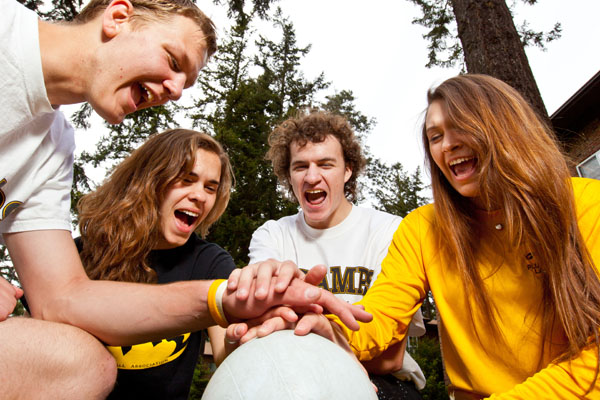
was slow and tentative. So Chris started to yell. Yell like a howler monkey whose diaper was way too tight. His teammates – and everyone else in gym, for that matter – gave him the what’s up with that guy?! look. Then they realized he was just having fun. His team laughed and relaxed. And then they started screaming like howler monkeys. They still do it every game. Since then, the Portland, Ore., native has organized numerous teams – volleyball, softball, dodgeball, basketball – based almost
-
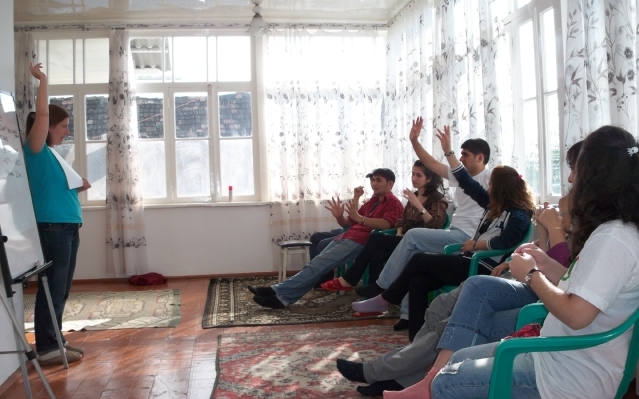
decided to stay another year to see her projects through. “A lot of opportunities presented themselves after the second year,” said Baghirov. “By the time you’re able to learn the language, a lot of volunteers are leaving. I was really happy that I was able to transfer the skills and abilities to the host country’s nationals. Eventually they were able to take over on their own.” Among these projects was her “brain child,” a youth civic leadership academy in Ganja, based on the U.S. Civil Air Patrol
-
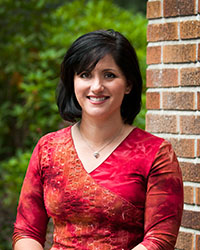
polity. We would want our government to fix this situation. In short, we would want a responsive, just and humane immigration policy. We would want to be treated fairly. As a professor, I am fortunate to be able to devote my life to teaching students about the experiences of those who are excluded. I am able to help students understand that the privilege of their education includes a responsibility to act in a way that makes America live up to her ideals. Based on my research, I believe that if we
-

speak at the career fair, and I went in and felt really good about the message and the feedback. It felt great. I got a little more involved, and was asked to join the board as president.” The Network, led by School of Business Director of Graduate Programs and External Relations Theresa Ramos, has experienced quite an evolution. “It used to be membership-based,” Smith said. “Students and alumni would have to pay (an annual fee) to join.” Panelists at the 2013 Career Pathways event address the
-

is one actually in Vail, Colo., that I’d love to be a part of because I love that town. Ultimately, I’d eventually like to be a professor somewhere, but that would be later on in life. What do you plan on doing immediately after you graduate from PLU this spring? I’m applying for a program called YAGM, which is Young Adults In Global Mission. It’s through the Evangelical Lutheran Church. It’s a year of service abroad. I’m hoping to be accepted into the program based out of Hungary. It would be a
-
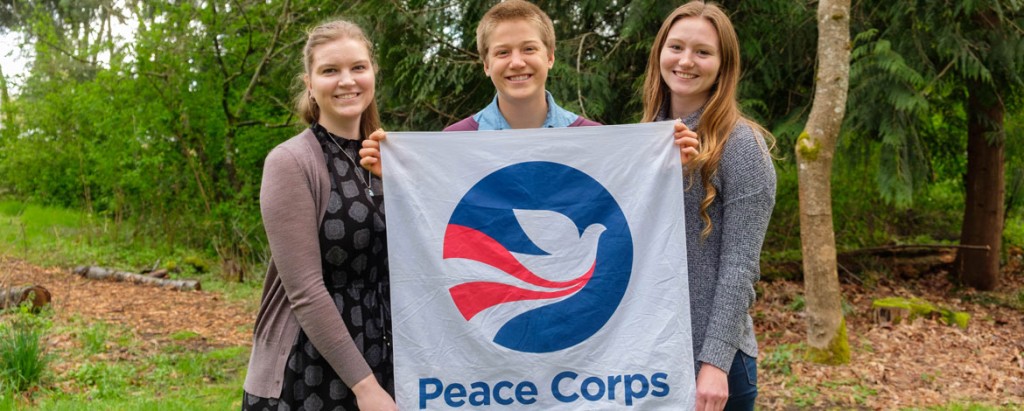
value of PLU’s Peace Corps Prep program. “The program provided helpful direction during my application process, helped with mock interviews and allowed me to step out of my comfort zone as a Peace Corps ambassador on campus,” Wentz said. The certificate-based Peace Corps Prep program provides students with focused coursework coupled with hands-on experience to better position them as Peace Corps applicants. It also integrates experiences and classes completed prior to applying. “We were able to jump
-

Matyac, Associate Professor Mary Moller and Assistant Professor Lorena Guerrero. Their efforts drew support from members of Washington’s congressional delegation. “By training students through first-hand experiences in community-based settings with individualized instruction, PLU supports Tacoma and the broader Pacific Northwest,” U.S. Senator Patty Murray wrote in a letter supporting the grant. U.S. Representatives Denny Heck and Derek Kilmer also wrote in support of the grant and the training
-
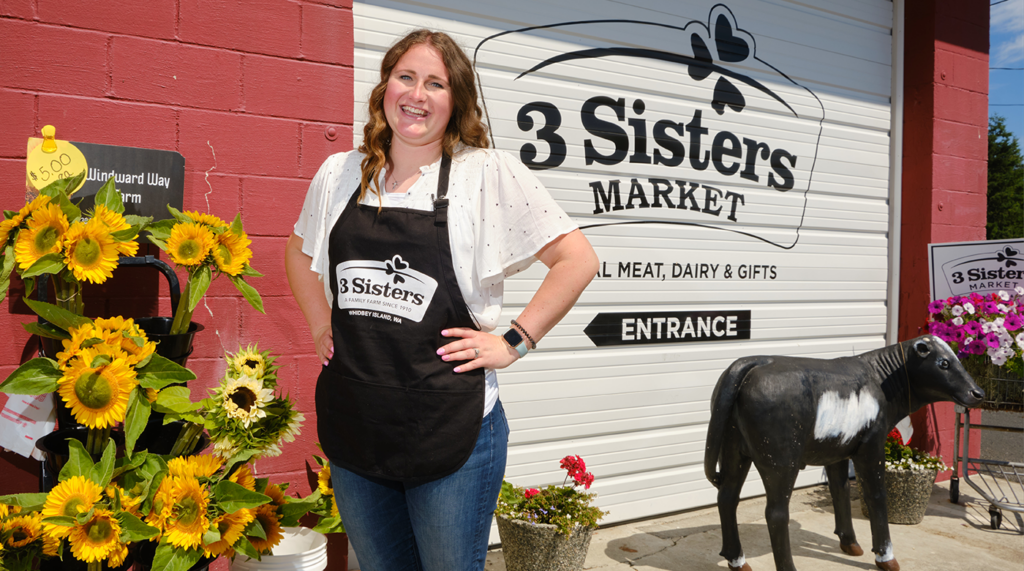
located in the Pacific Northwest. “We are so community-based, and something important to us is being able to provide local, wholesome, good products to our community,” Donwen says. “That includes all the meat we raise, but any other products that we carry in here. The pie, the ice cream, the veggies —it is all local.” It is evident how much pride and a sense of responsibility Donwen has in her work. During the start of the COVID-19 pandemic, many grocery stores were struggling to keep shelves filled
-

limits to those charging times can be attributed to different parts of the battery, which is what makes this research exciting for students.” Now, buoyed by the NSF grant and a recent partnership with the University of Washington, Waldow’s polymer experiments are being used to create organic transistors based on polymers. While batteries store energy, transistors control the flow of and amplify electric currents. They are crucial elements of nearly all modern electronics. Waldow and his team hope to
-

up money so that this summer I purely just focus on the MCAT because it’s such a long and rigorous exam that I want to approach studying for it like a job. Then once I take that exam, I hope to do a lot of clinical work with Puget Sound orthopedics as a medical scribe. Currently, I’m volunteering at Tacoma General in Med Surg Tele, and I’m hoping to continue to do that throughout the summer and next year. Then I’ll be applying to med school the next cycle. Read Previous Houston-based Center for
Do you have any feedback for us? If so, feel free to use our Feedback Form.


